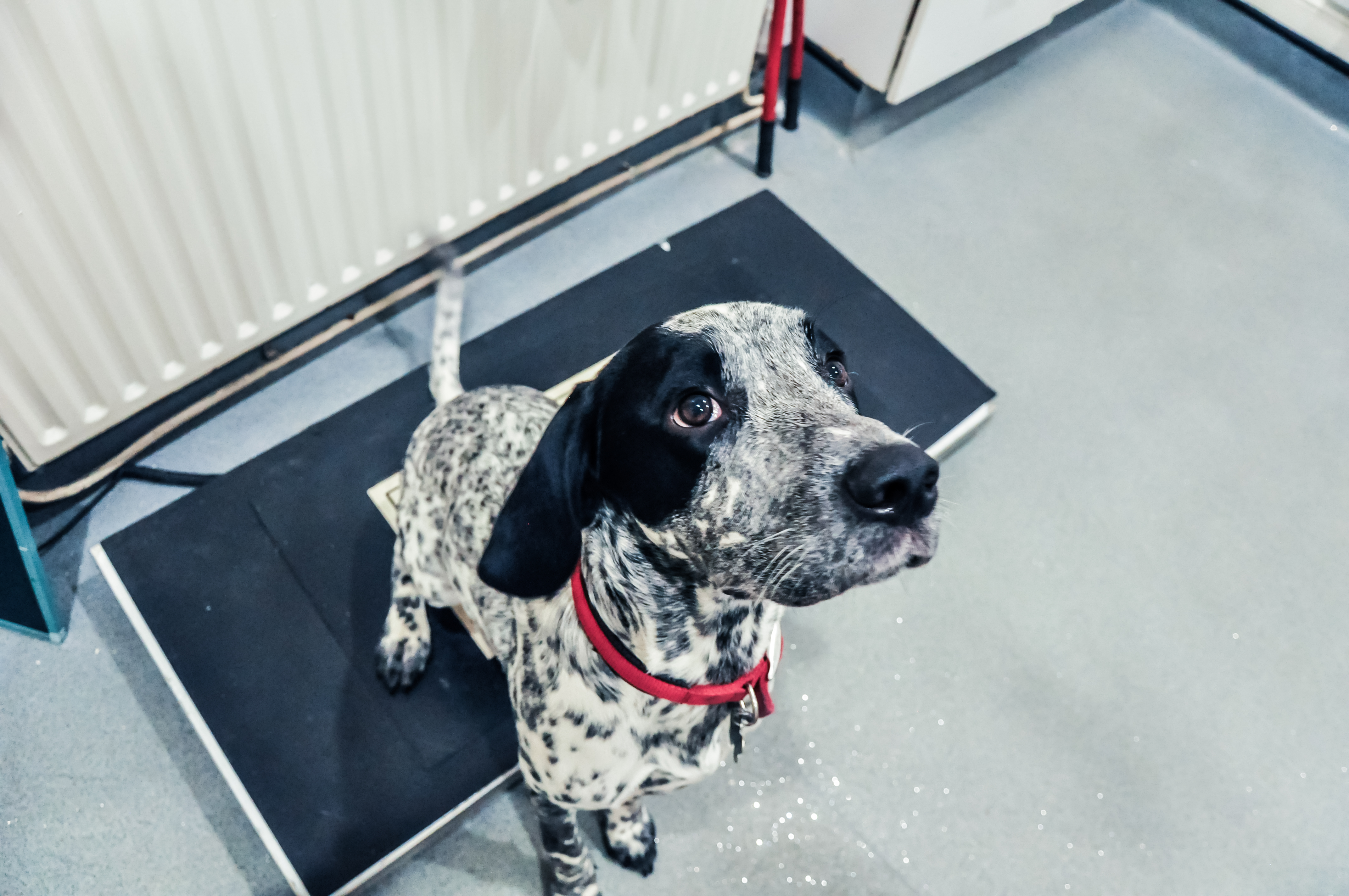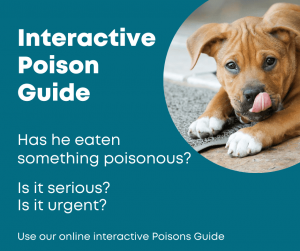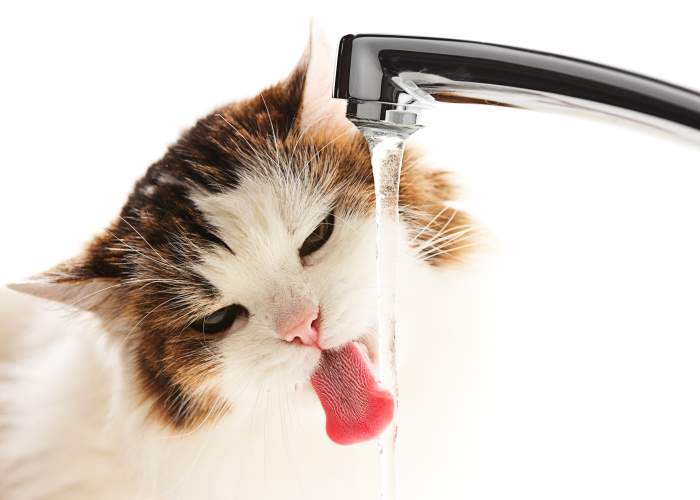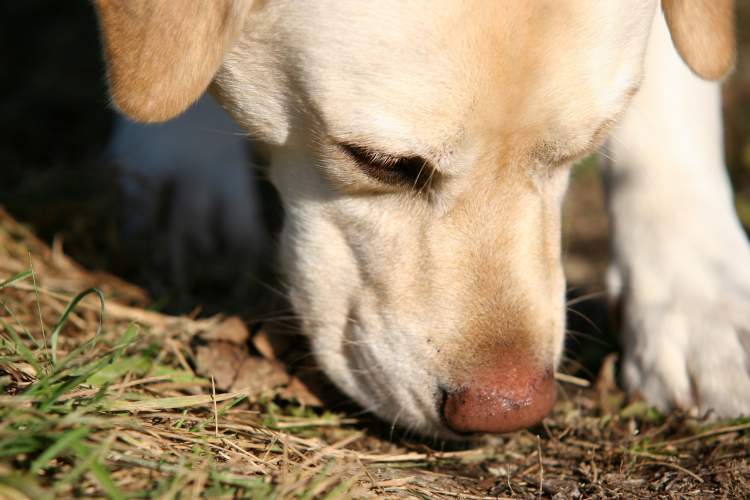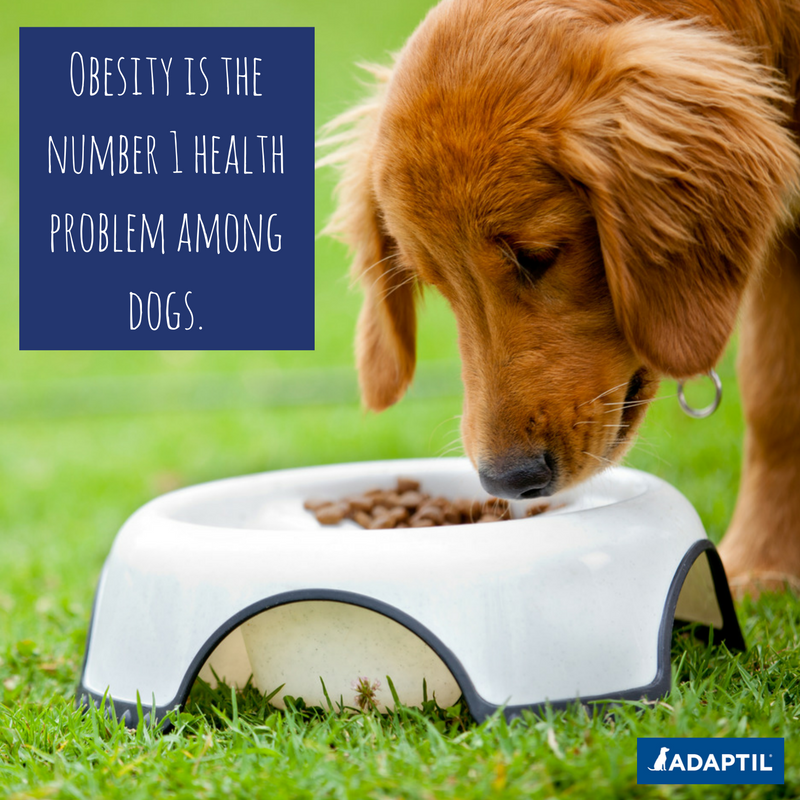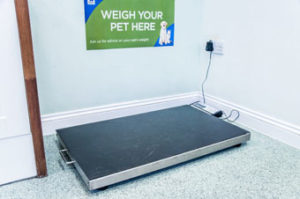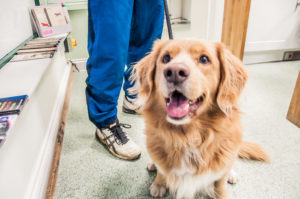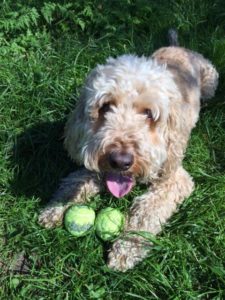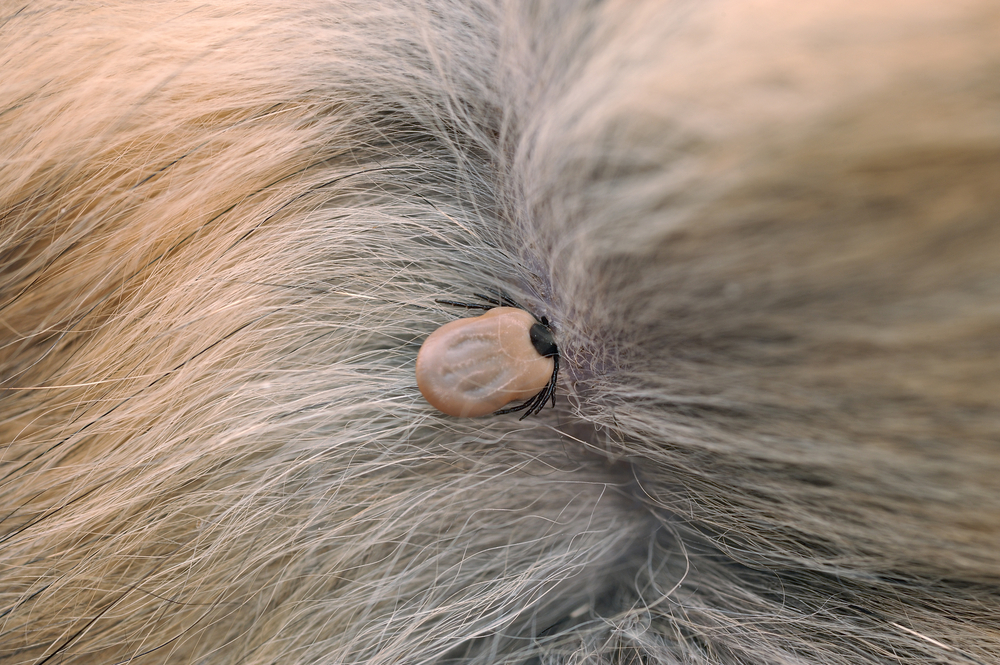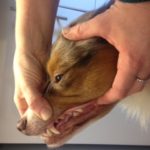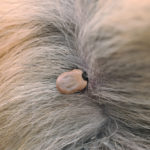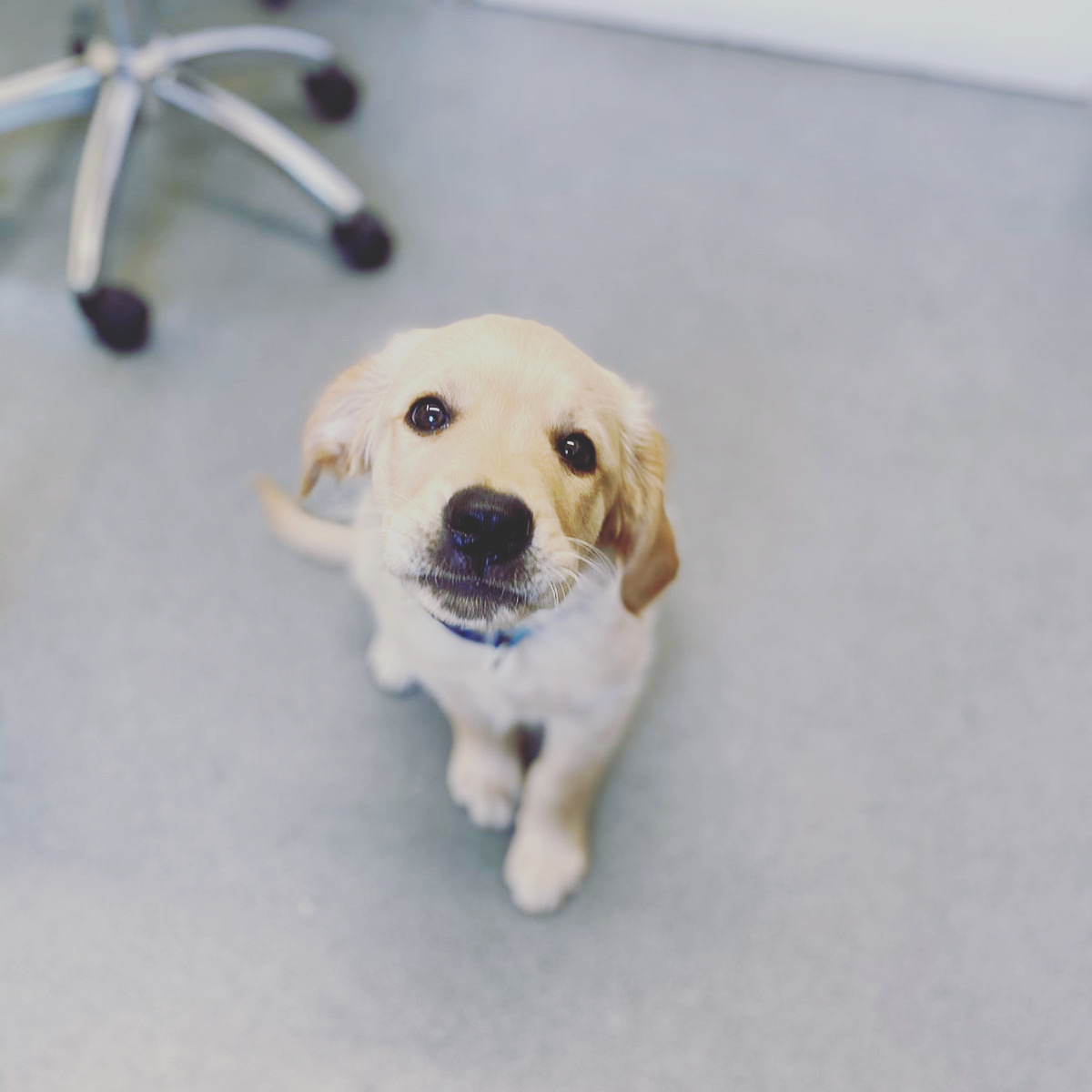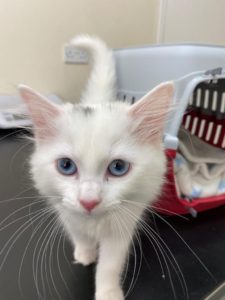Autumn Pet Poisons
Autumn Pet Poisons
pet poisoning is a concern throughout the year, please keep an eye on what your dog is sniffing during his daily walks, especially if he is off the lead.
Conkers, acorns and rotting fruit are plentiful during the Autumn season and can cause upset tummies.
Our Autumn News discusses the other Autumn awareness issues that pet owners should consider, read our latest pet care blog here.
Caring for your pets teeth.
Did you know that dental problems are probably one of the most common issues our pets suffer from, yet concerns are often not mentioned, as bad breath is considered as “normal” by many pet owners.
If you have ever had a filling at the dentist you will understand how uncomfortable dental disease can be, sadly, cats and dogs are extremely good at hiding their pain. Our Autumn Pet Blog discusses what’s normal and the signs to watch out for. A home dental care routine can be started from when you first bring home your new pet, ask our friendly team to explain more at your puppy or kittens next appointment.
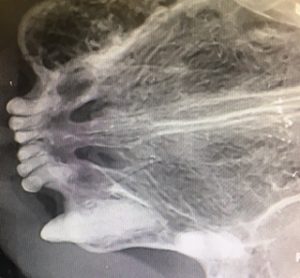
How the heart pumps,
The heart is a busy organ! It pumps an average of 4.5 litres of blood around the body of a dog every minute. Like humans, cats and dogs can sadly suffer heart disease, unlike humans, heart disease in pets is often genetic, and not caused by lifestyle. Read our Autumn pet blog here, to understand more about the most common types of heart disease we see here in practice and the signs to watch out for in your pet.
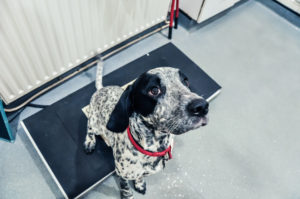
We hope you enjoy reading our latest pet care blog, if you have a concern about any of the articles mentioned please do not hesitate to contact our friendly team for more information.

